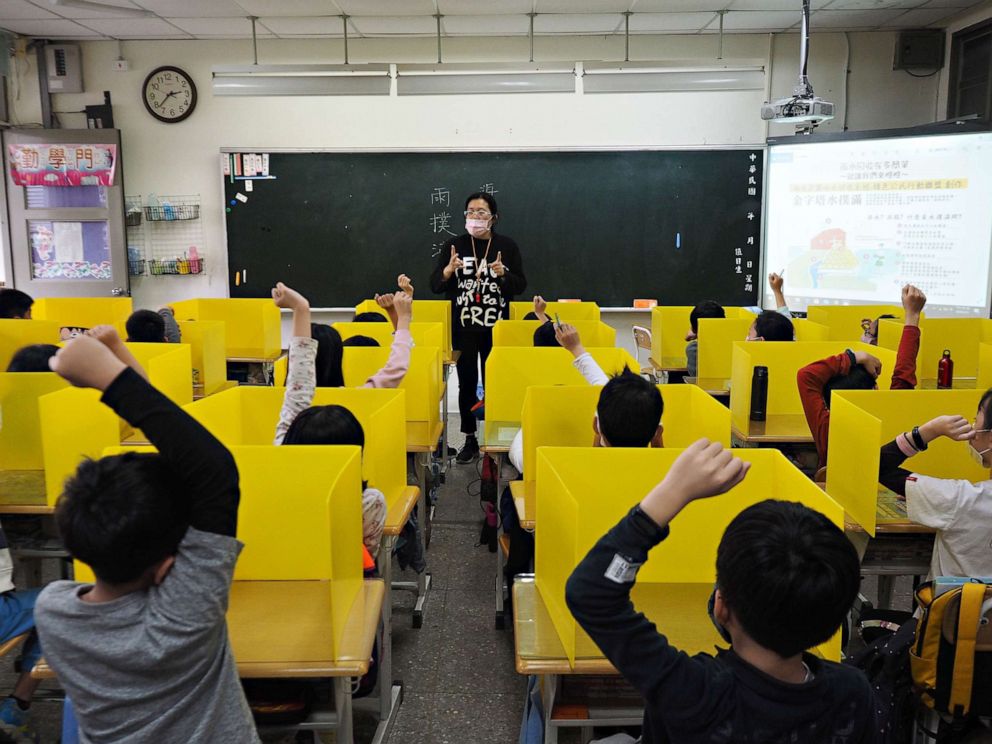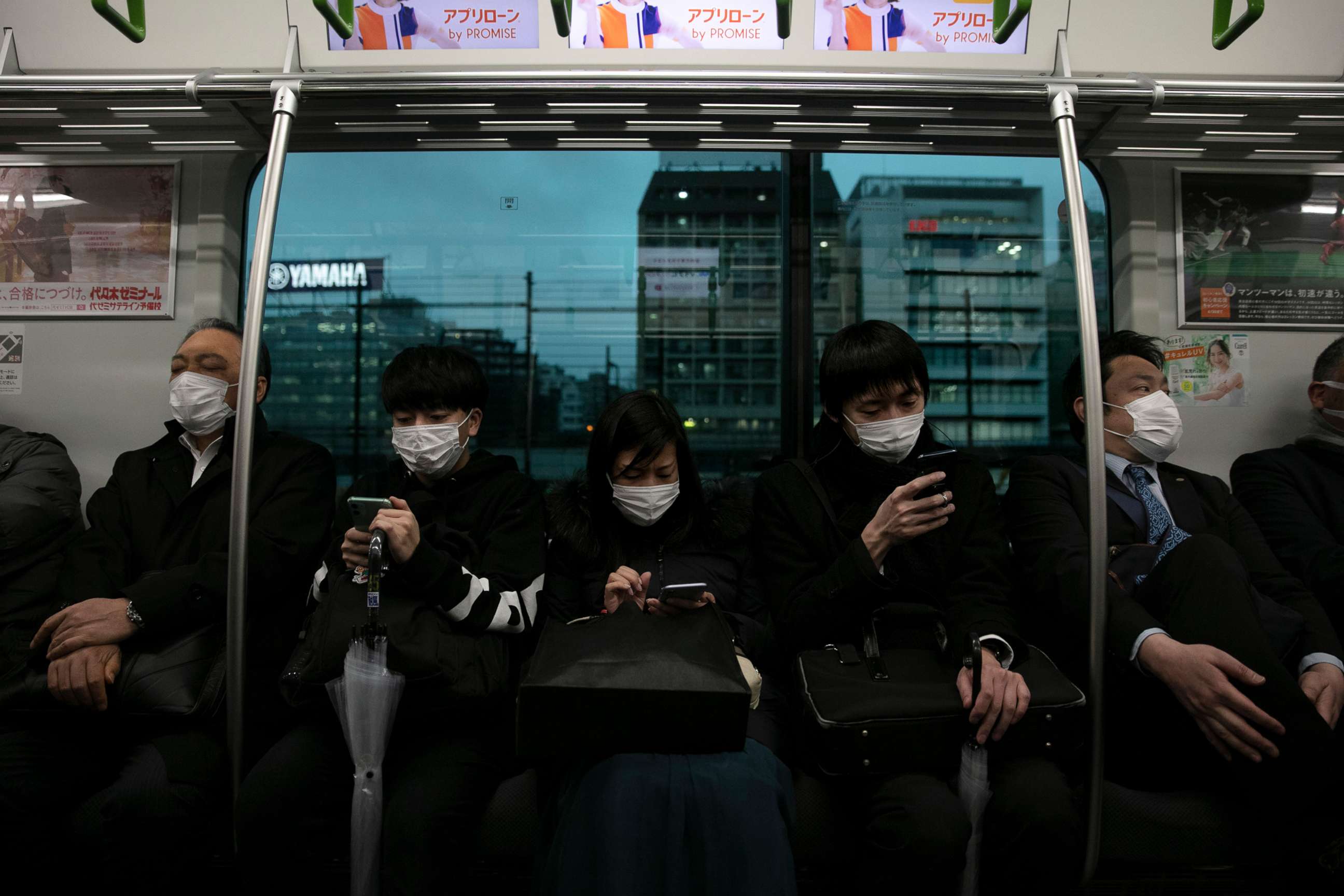When explaining coronavirus to your children, what's the best approach?
Many young children catch up to 10 colds every year.
Concerns linked to the new coronavirus range from managing sick days to global financial markets, so it can be easy to overlook some of the most vulnerable among us: children.
Young children, whose physical and emotional needs should be considered during such an outbreak, frequently catch colds -- as many as 10 per year before they turn 2 years old.
Children tend to spend most of their time in school or in daycare, in close contact with other children, a fact that when considered alongside too-infrequent hand-washings after sneezes and coughs, well, it's no wonder they're so often sick.
Fortunately, there's no evidence children are more susceptible to COVID-19, the new coronavirus. Most cases have involved adults, and the comparatively fewer infections reported in children have produced milder symptoms, including runny nose, cough, fever and, very rarely, vomiting and diarrhea. People, including children, with underlying health concerns may be at an increased risk for infection, health experts have said.

When it comes to talking to children about the coronavirus, it's important first to evaluate the situation -- see how much they know about it and how it makes them feel.
"Know what your kids are watching and hearing, then correct, monitor, limit and review together as necessary," Dr. Robin Goodman, associate director of Public Education and Bereavement at Child HELP Partnership, told ABC News.
Children may be worried about how the virus not only affects them but also their friends or parents or other family members, Goodman added.
"Be honest. Be careful about giving too much detail. Find out what they know," Goodman said. "Be open and available for questions, allow expression of feelings and how to cope."
When it comes to hygiene, all children should be reminded to wash their hands, with older children also helping remind younger children.

The proper way to wash one's hands is scrubbing for 20 seconds with warm and water and soap, approximately the same amount of time it takes to sing "Happy Birthday," experts say.
For parents, Goodman suggests: "Be aware of your needs. Seek support. Know resources and where to get help. Stress and traumatic reactions are very specific, and there are particular interventions that can help if they become a problem. Recognize that feelings and responses change so monitor them over time."
"Be careful managing your own fears," Goodman said. "Parents can model appropriate coping."
Angela N. Baldwin, M.D., M.P.H., a pathology resident at Montefiore Medical Center, and Melanie R. Graber, M.D., an internal medicine resident in Connecticut, are contributors to the ABC News Medical Unit.




